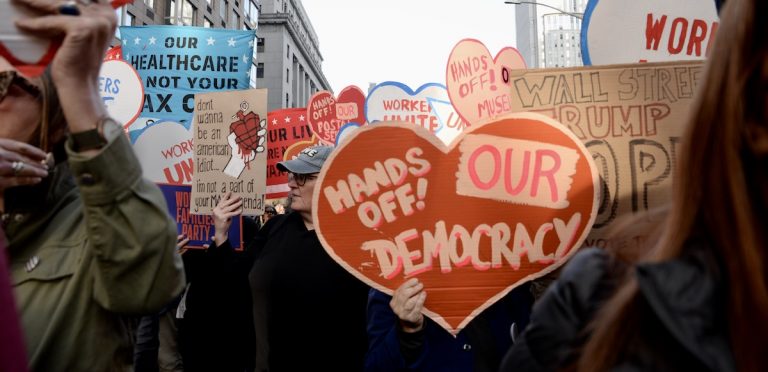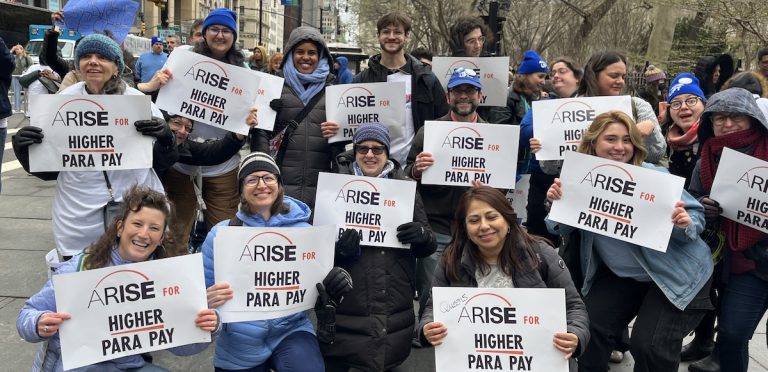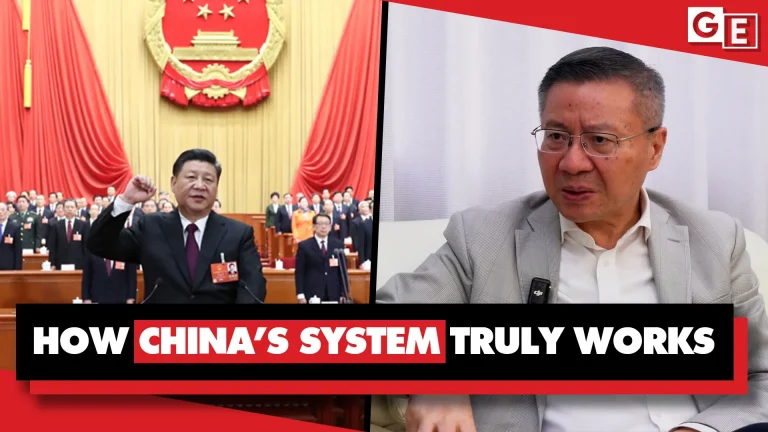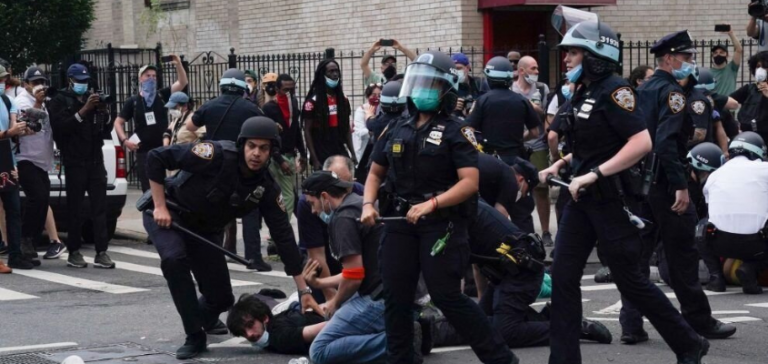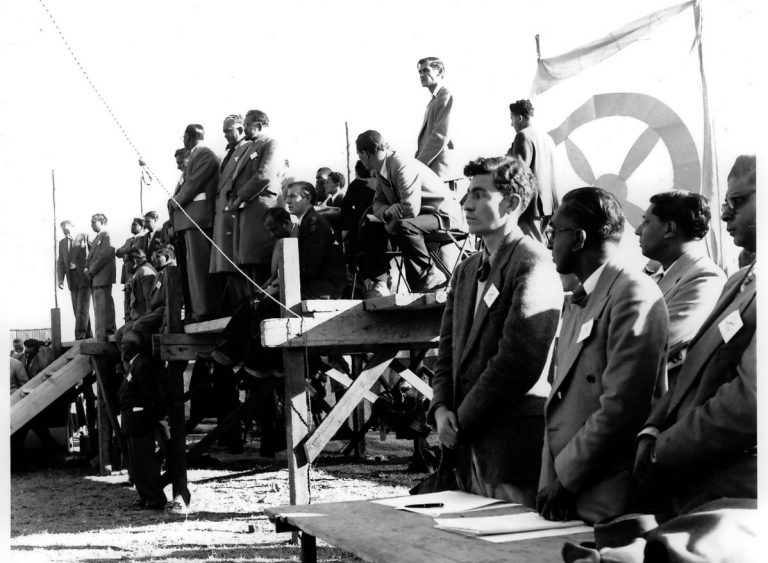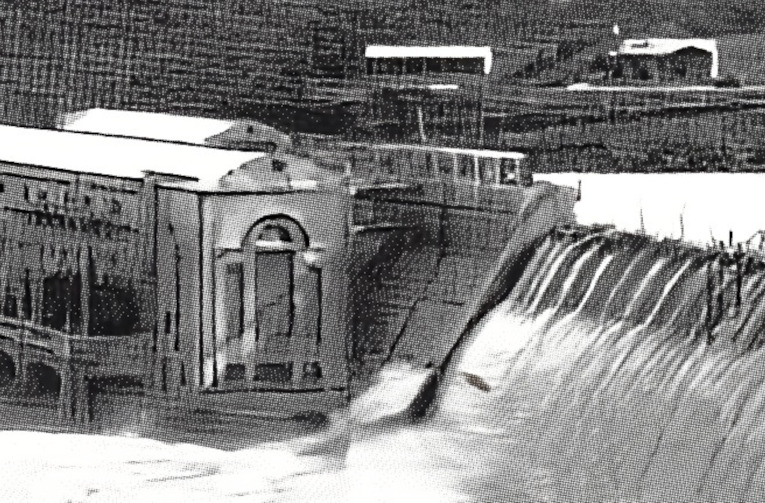We Who Believe In Democracy Must Fight To Make It Real
We wake daily to new spectacles of violence and humiliation: kidnappings in broad daylight, attacks on unions, LGBTQ people, women, and immigrants, the erosion of long-cherished rights. It’s no longer a tricky question whether we have tipped into authoritarianism. The answer is yes.
To fight back, we have to confront what the Trump administration is exploiting: fear.
We are living in fear, cowed by it. Each workplace and free speech crackdown, each violation of democratic norms, feeds on the paralysis that fear produces. Fear is the fuel of authoritarianism. Democracy is its antidote. But all around us is evidence of how thoroughly democracy has been hollowed out—and it didn’t start with Trump. Democracy is its antidote. But all around us is evidence of how thoroughly democracy has been hollowed out—and it didn’t start with Trump.

